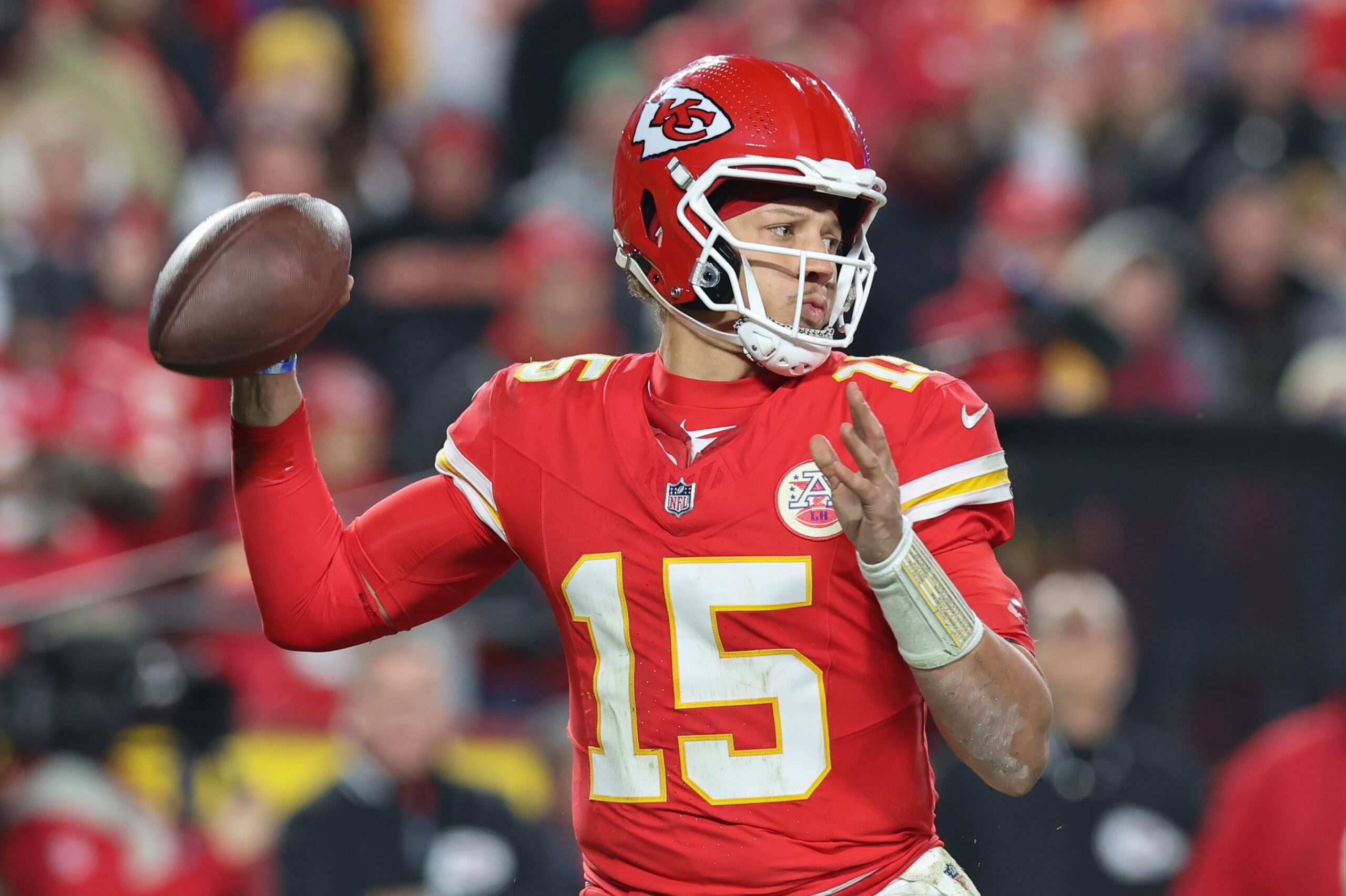Missouri Voters Approve Sports Betting in Close Election
The Dawn of Legal Sports Betting in Missouri: A Triumph for Proponents and a Step Towards Nationwide Acceptance
Missouri has joined the growing ranks of states embracing legalized sports betting, marking a significant shift in the state’s gambling landscape. Amendment 2, aptly reflecting the popular sentiment, secured a narrow victory with just over 50% of the vote, officially ushering in a new era for sports enthusiasts and potentially impacting the state’s educational coffers. This development positions Missouri as the 39th state to sanction sports wagering, leaving only 11 states clinging to prohibition, a number that seems destined to dwindle given the accelerating momentum towards nationwide legalization. The driving force behind this change was a concerted effort spearheaded by Missouri’s professional sports teams, notably the St. Louis Cardinals, who recognized the potential economic benefits and the growing demand for accessible and regulated sports betting within the state.
The implications of Amendment 2 are far-reaching, extending beyond mere entertainment to address tangible economic realities. Prior to legalization, Missourians eager to partake in sports betting were forced to cross state lines, contributing to the economies of neighboring states like Kansas and Illinois. Data reveals a staggering 11 million attempted bets originating from Missouri but blocked due to geographical restrictions, highlighting the pent-up demand and lost revenue. With the amendment in place, this outflow of potential revenue will be stemmed, channeling the economic activity back into Missouri. The 10% tax on adjusted gross revenues from licensed sportsbooks is projected to generate up to $29 million annually for the state, with a dedicated portion earmarked for gambling addiction programs and the remainder allocated to education, potentially bolstering elementary, secondary, and higher education institutions.
The path to legalization was not without its challenges, marked by a contentious debate with significant financial backing on both sides of the issue. Opponents, organized under the banner of Missourians Against the Deceptive Online Gambling Amendment, voiced concerns about the potential social and economic downsides of expanded gambling. This group, notably funded by Caesars Entertainment, a major casino operator in Missouri, invested heavily in a campaign to sway public opinion, though ultimately falling short of their goal. Conversely, Winning for Missouri Education, the pro-amendment committee, garnered substantial support from online betting giants FanDuel and DraftKings, reflecting the industry’s vested interest in expanding its reach into new markets.
The passage of Amendment 2 serves as a compelling case study in the evolving landscape of gambling legislation in the United States. It underscores the growing public acceptance of sports betting as a form of entertainment and a potential revenue stream for state governments. The significant financial involvement of both established casino operators and emerging online platforms highlights the complex interplay of interests at stake in these legislative battles. Furthermore, the emphasis on allocating a portion of the revenue to education underscores the strategic use of potential revenue streams to address public needs and garner broader support for such initiatives.
Looking ahead, the trend towards nationwide legalization of sports betting appears almost inevitable. The success of Amendment 2 in Missouri, coupled with the ongoing legislative efforts in other states, suggests a growing consensus that regulated sports betting is preferable to the alternative – a thriving black market that offers no consumer protections and generates no revenue for state coffers. The remaining 11 states still clinging to prohibition are likely to face increasing pressure to reconsider their stance, as their residents continue to seek out legal betting options in neighboring states, leading to a loss of potential revenue and economic activity.
The case of Missouri provides a valuable roadmap for other states contemplating similar legislation. It demonstrates the importance of engaging in a robust public debate, weighing the potential benefits and drawbacks, and crafting legislation that addresses concerns about responsible gambling and the potential for addiction. By implementing appropriate regulations and safeguards, states can effectively harness the economic potential of sports betting while mitigating the risks associated with problem gambling. The experience of Missouri and other states that have embraced legalized sports betting offers a compelling argument for the remaining holdouts to reconsider their position and join the growing movement towards a nationally regulated and accessible sports betting market.
Share this content:












Post Comment